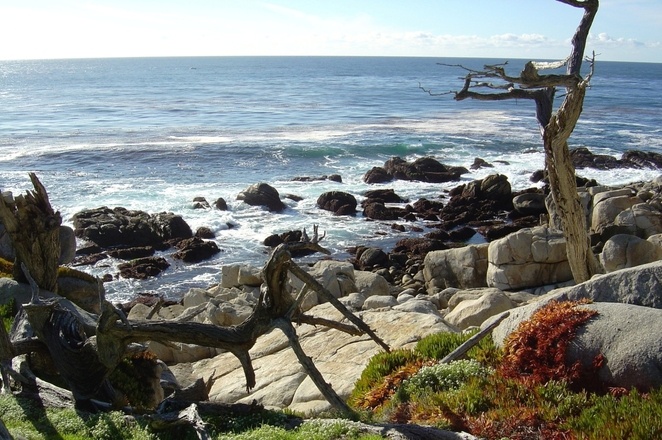
Seven researchers from the University of California, San Francisco have received “high-risk, high-reward” grants for biomedical research.
As part of the High-Risk, High-Reward Research program supported by the NIH Common Fund, seven UCSF researchers received the funding for their innovative approaches to medical research.
“This program has consistently produced research that revolutionized scientific fields by giving investigators the freedom to take risks and explore potentially pioneering concepts,” said NIH Director Francis S. Collins, MD, PhD. “We look forward to the remarkable advances in biomedical research the 2015 awardees will make.”
Recipients of these awards include:
Jeffrey S. Cox, PhD, Professor of Microbiology and Immunology
Dr. Cox uses genome sequencing, bioinformatics, advanced imaging techniques, animal models of infection, and high-throughput assays to study how Mycobacterium tuberculosis (Mtb), the causative agent of TB, evades immune system defenses.
Four UCSF researchers received the New Innovator Award, which supports unusually innovative research from early career investigators who are within 10 years of their doctoral degree or clinical residency and have not yet received a research project grant (R01) or equivalent NIH grant.
Sophie Dumont, PhD, Assistant Professor of Cell and Tissue Biology and of Cellular and Molecular Pharmacology
Dr. Dumont and her colleagues are studying chemical and mechanical forces workings of cells, from the molecular level to the tissue level, with particular attention to the errors in chromosome segregation can lead to birth defects and disease.
Karunesh Ganguly, MD, PhD, Assistant Professor of Neurology
Dr. Ganguly is researching strategies to enhance recovery of the nervous system after injury or stroke, as well as improvement of neuroprosthetic devices intended to help stroke victims regain control of affected limbs.
Martin Kampmann, PhD, Assistant Professor of Biochemistry and Biophysics
Dr. Kampmann studies how cells maintain their proteins in a functional and balanced state, called the “proteostasis network”. This work has strong implications for the discovery of new therapies and drug targets for neurodegenerative diseases such as Alzheimer’s disease and Huntington’s disease.
Zachary A. Knight, PhD, Assistant Professor of Physiology
Using recently-developed brain-recording techniques, Dr. Knight studies the “hunger circuit” that control feeding behavior in humans, in an effort to better understand and develop viable options for anti-obesity therapies. , which has ramifications for the development of anti-obesity therapies.
Joseph Bondy-Denomy, PhD, UCSF Sandler Fellow
Dr. Bondy-Denomy is researching how bacteria protect themselves from viral infections using CRISPR/Cas9 - a tool that can edit the genomes of virtually any organisms.
David A. Solomon, MD, PhD, clinical fellow in the Department of Pathology
Dr. Solomon and his team are studying mutations that disrupt the function of a gene known as STAG2, an effort which has implications in the study of many diseases including bladder cancer.
The NIH awards given to these prominent UCSF researchers represent just a portion of the funding that is regularly bestowed to life scientists at the university.
Recent funding statistics from UCSF:
- The National Institutes of Health has awarded the UCSF School of Dentistry three research awards totaling nearly $21 million.
- UCSF Life Science R & D Expenditures for FY 2014 exceeded $1 billion.
- The University of California, San Francisco ranks number two in the world in clinical medicine and pharmacy, according to the Academic Ranking of World Universities, second only to Harvard University.


Biotechnology Calendar, Inc. would like to invite lab suppliers to exhibit their products to world-renowned UCSF researchers at one of 2 Biotechnology Vendor Showcase™ Events in 2016. The 11th Annual Biotechnology Vendor Showcase™ Event at the UCSF Mission Bay campus will be on January 29th, 2016 and the 25th Annual UC San Francisco, Biotechnology Vendor Showcase™ Event at the UCSF Parnassus campus will be held on June 9th, 2016.
To learn more about participating in these annual life science events, click below:



